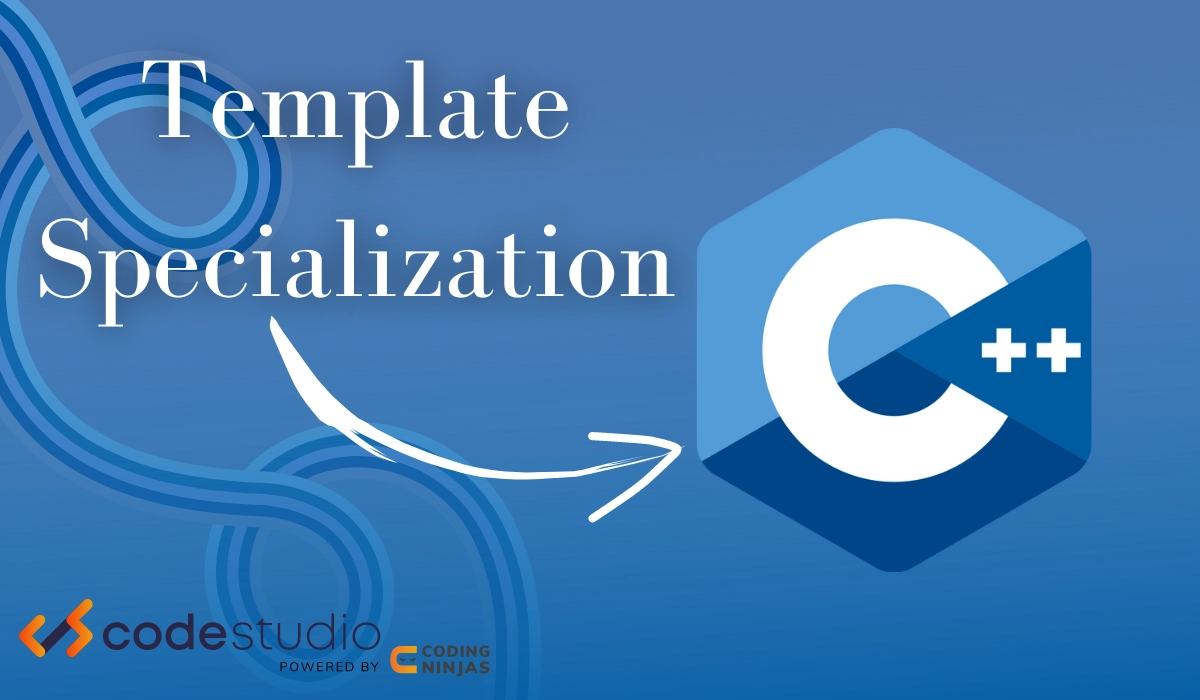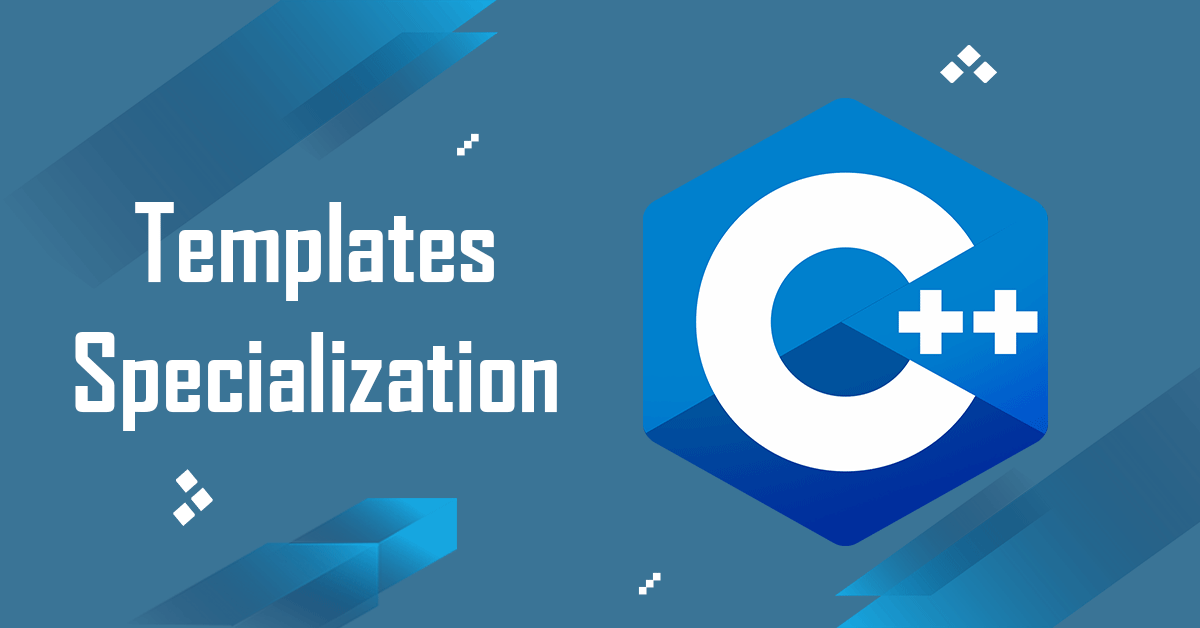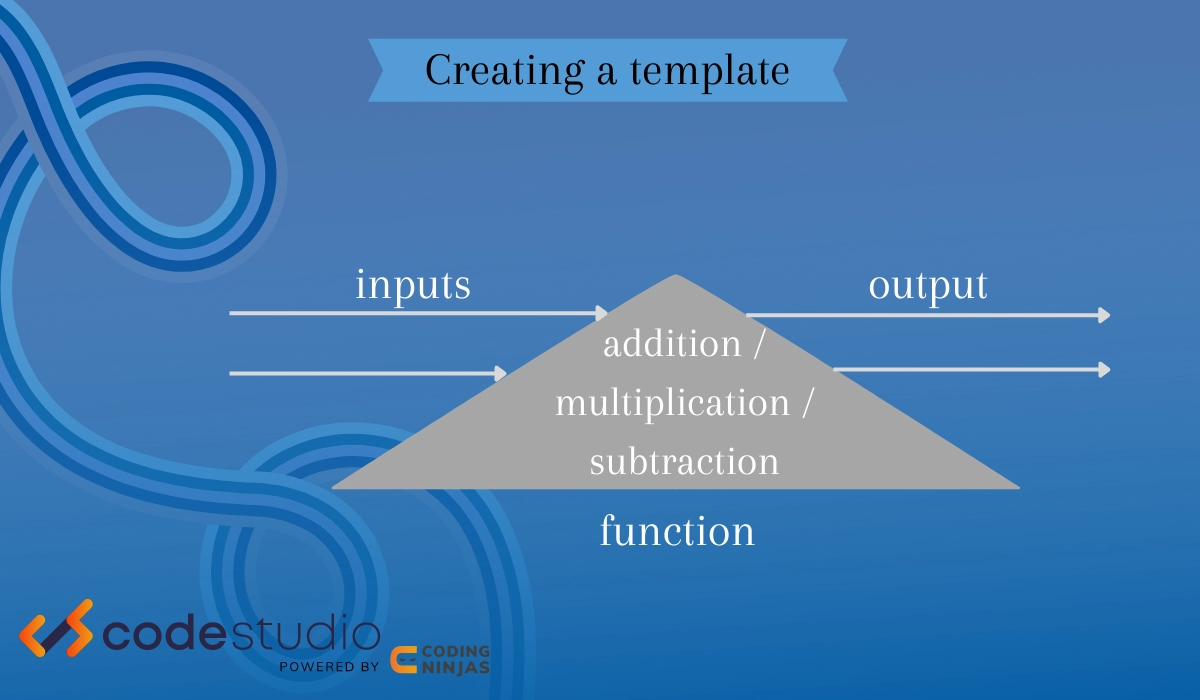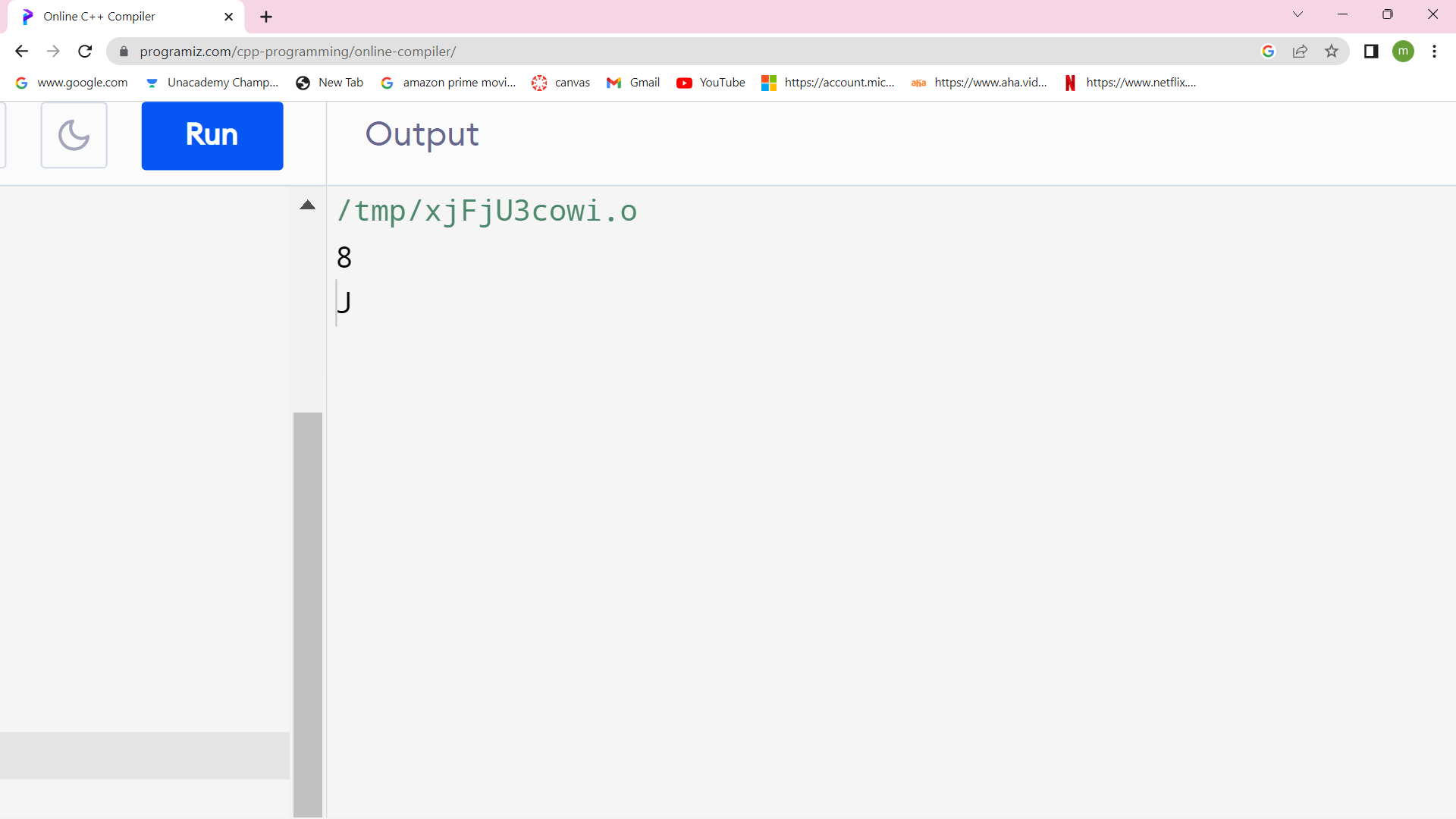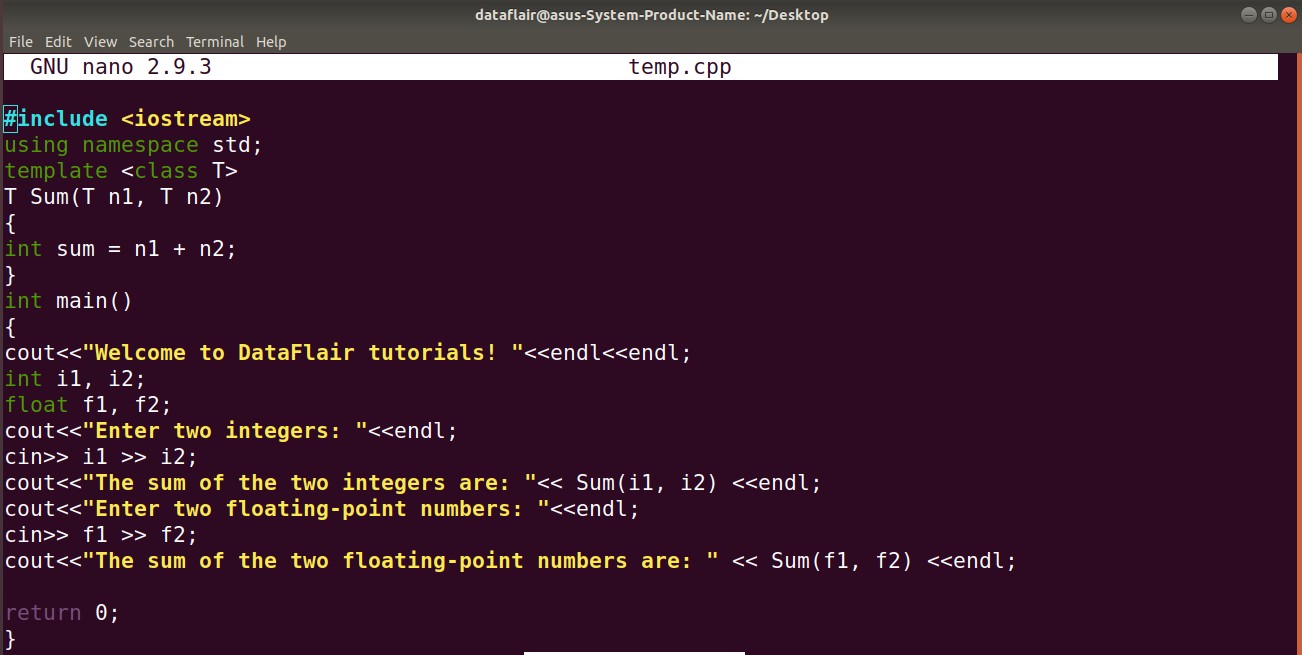Web until variable templates were introduced in c++14, parametrized variables were typically implemented as either static data members of class templates or as. We use templates when we need functions/classes that apply the same algorithm. The result is a template parameterized on the remaining types. Another way to achieve a similar result is to use function template specialization to create a explicit specialization of the print(). Web you need to move specialization definition to cpp file.
We use templates when we need functions/classes that apply the same algorithm. Web the idea of template specialization is to override the default template implementation to handle a particular type in a different way. Web when template arguments are provided, or, for function and class (since c++17) templates only, deduced, they are substituted for the template parameters to. Web a better matching template overload is declared after por. Web with a function template, you can define special behavior for a specific type by providing an explicit specialization (override) of the function template for that type.
Web a better matching template overload is declared after por. Web a template has multiple types and only some of them need to be specialized. Web this tutorial will give the idea of the template specialization, but will be limited to just the basic. Web the idea of template specialization is to override the default template implementation to handle a particular type in a different way. A template has only one type, but a.
Web a better matching template overload is declared after por. Web it is possible in c++ to get a special behavior for a particular data type. We use templates when we need functions/classes that apply the same algorithm. Specialization of member function of template class is allowed even if function is not declared as template. This is called template specialization. Web fortunately, c++ provides us a better method: Class template specialization allows us to specialize a template class for a particular. Web when a class or variable(since c++14) template is instantiated, and there are partial specializations available, the compiler has to decide if the primary template is. Web a template has multiple types and only some of them need to be specialized. Template allows us to define generic classes and. Web you need to move specialization definition to cpp file. Web this lesson covers template specialization in c++, a technique that allows creating specialized versions of function and class templates for specific types. Web when template arguments are provided, or, for function and class (since c++17) templates only, deduced, they are substituted for the template parameters to. The best matching explicit template specialization is declared before the better matching overload. Web when an explicit instantiation names a class template specialization, it serves as an explicit instantiation of the same kind (declaration or definition) of each of its non.
This Is Called Template Specialization.
Specialization of member function of template class is allowed even if function is not declared as template. Web when an explicit instantiation names a class template specialization, it serves as an explicit instantiation of the same kind (declaration or definition) of each of its non. Web this lesson covers template specialization in c++, a technique that allows creating specialized versions of function and class templates for specific types. Web the idea of template specialization is to override the default template implementation to handle a particular type in a different way.
Class Template Specialization Allows Us To Specialize A Template Class For A Particular.
Web this article explains template specialization and partial template specialization in c++, using various language features including the latest c++20. A template has only one type, but a. The class, function or class member you get when substituting template arguments into the template parameters of a class template or function template. Template allows us to define generic classes and.
Web With A Function Template, You Can Define Special Behavior For A Specific Type By Providing An Explicit Specialization (Override) Of The Function Template For That Type.
Web partial template specialization allows us to specialize classes (but not individual functions!) where some, but not all, of the template parameters have been. The result is a template parameterized on the remaining types. Web when template arguments are provided, or, for function and class (since c++17) templates only, deduced, they are substituted for the template parameters to. The best matching explicit template specialization is declared before the better matching overload.
Another Way To Achieve A Similar Result Is To Use Function Template Specialization To Create A Explicit Specialization Of The Print().
Web this tutorial will give the idea of the template specialization, but will be limited to just the basic. Web a template has multiple types and only some of them need to be specialized. Web function template specialization. In some cases, it isn't possible or desirable for a template to define exactly the same code for any type.
